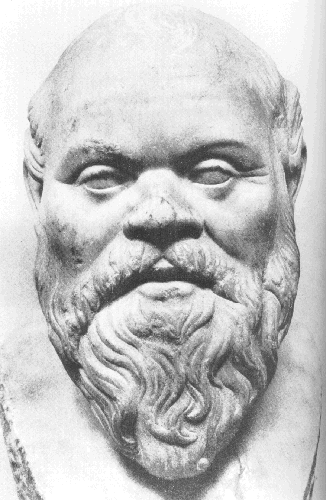
Japanese philosophy
Japanese philosophy has historically been a fusion of both indigenous Shinto and continental religions, such as Buddhism, Taoism and Confucianism. Formerly heavily influenced by both Chinese philosophy and Indian philosophy, as with Mitogaku and Zen, much modern Japanese philosophy is now also influenced by Western philosophy.